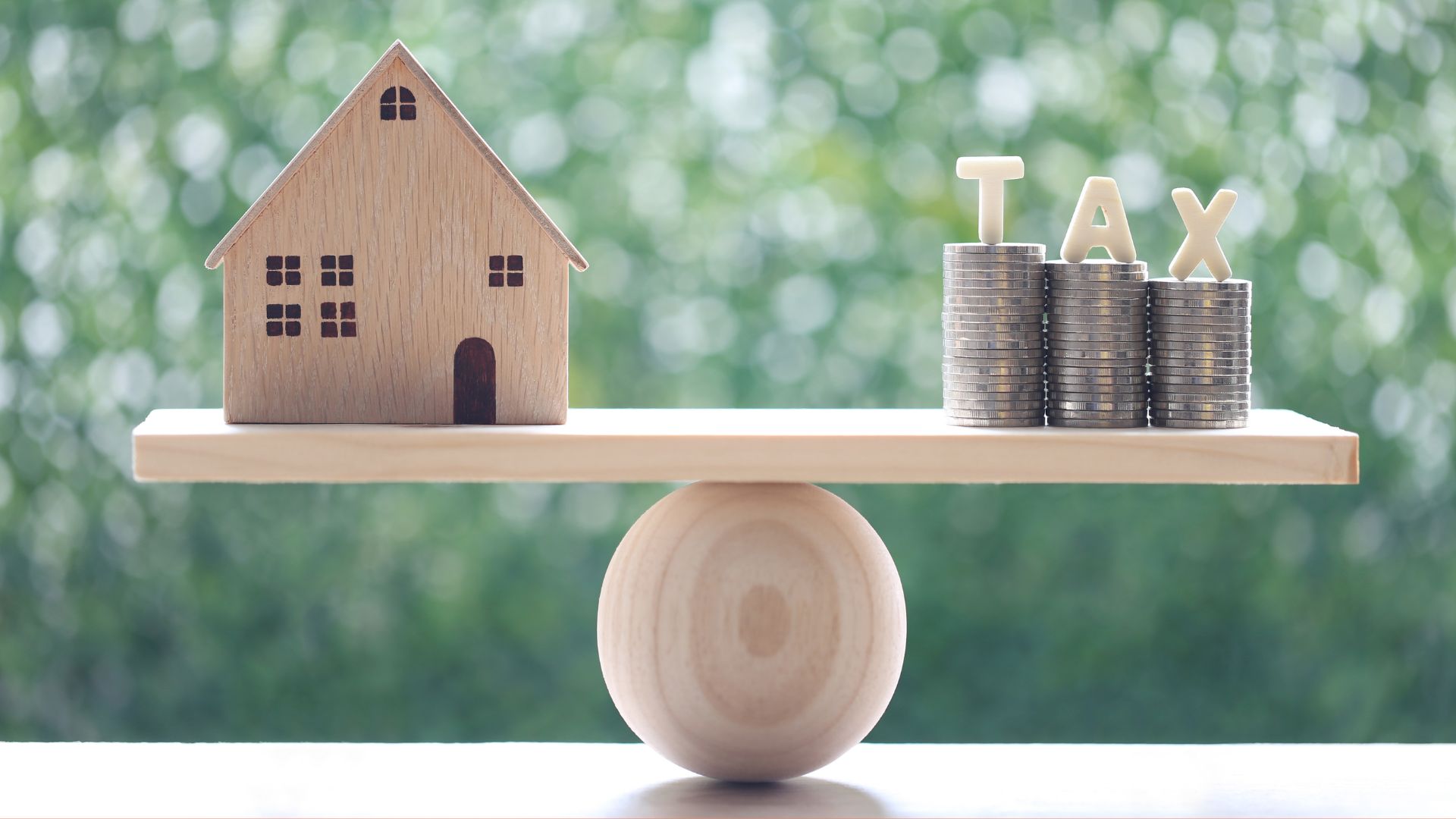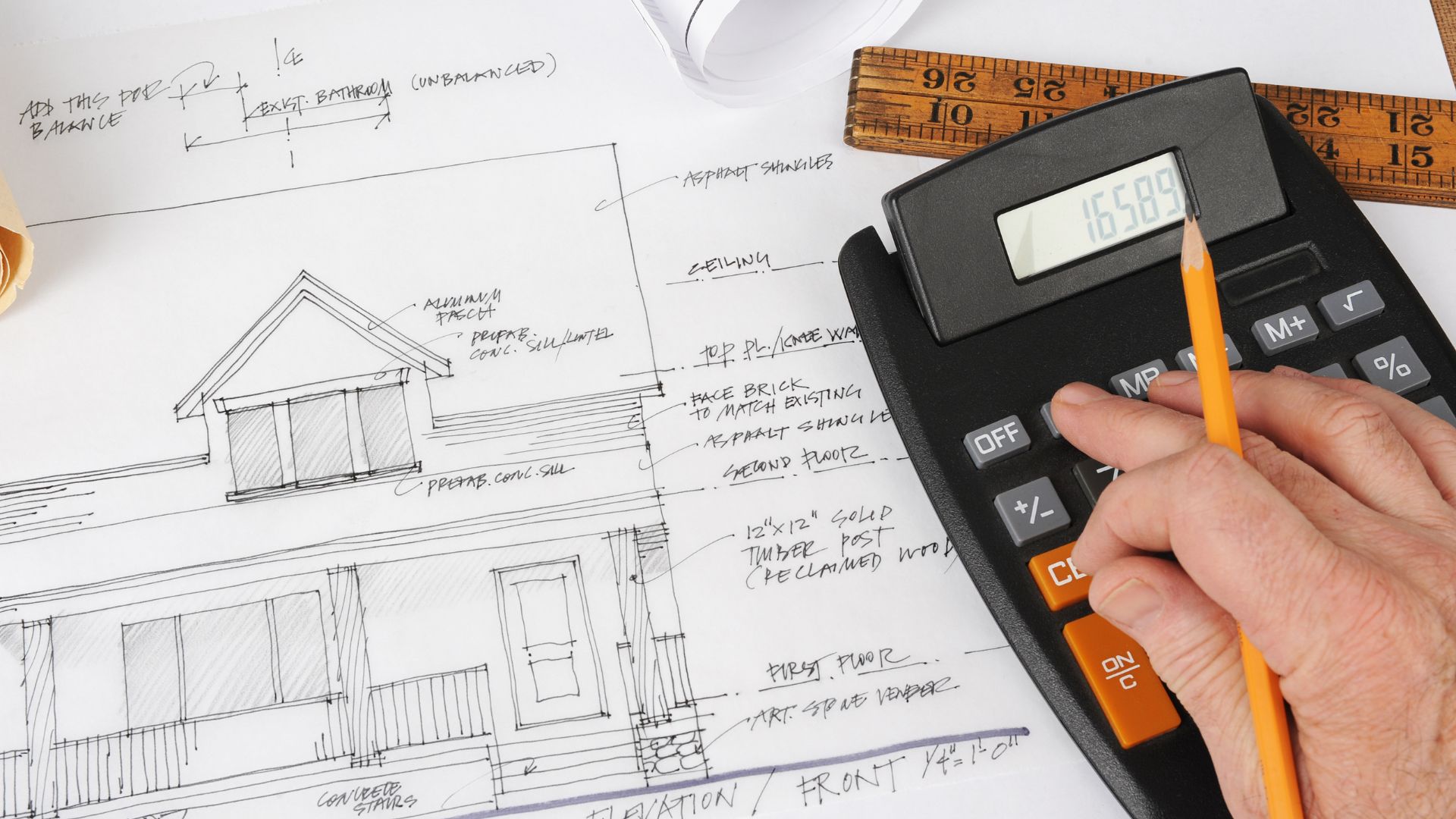Property investing brings a wealth of benefits, with the biggest benefit being the long-term capital growth gains which materialise when you sell. However, when we want to look at what benefits you can receive in the short term, you will learn of an array of tax benefits your property can bring you.
How to use your investment property to reduce tax:
Negative gearing
Investors with a long-term focus will be wanting a property that is positively geared. In fact, most investors will be aiming to buy a property that is positively geared so that the rental income from the property will cover the expenses of owning the property. This is a great way to build wealth and a property portfolio. However, some investment properties might become unintentionally negatively geared whilst some high-income earners purposely invest with a negative gearing strategy.
Negative Gearing occurs when the costs of owning and managing an investment property exceed the rental income it generates.
In the current financial climate with high interest rates, we are finding that more investment properties are unintentionally negatively geared because of the high interest costs on the mortgage. Many investors are taking this hit in the short-term hoping that over the long term the gearing of their property will turn to positive when interest rates adjust.
When your investment property is negatively geared, you will receive many tax benefits because the shortfall and costs of ownership will be offset against other income from salaries or business income which will reduce your overall taxable income.
A negative gearing strategy (buying a property that you know will be negatively geared for the tax benefits), is not a strategy we usually advise to purchase with because it will cost you more to maintain the property, it will limit your serviceability (amount the bank is willing to lend you), and you will soon find that you are unable to grow your property portfolio.
Subsequently, we usually only advise on investing using tax strategies if you are a very high-income earner. Mostly, the tax implications from investment properties are a secondary strategy and a subsequent result not the main strategy focus when buying an investment property.
Depreciation
Investment properties, like other assets, depreciate over time. Depreciation is considered a “non-cash” benefit, meaning that you do not physically pay for the benefit of depreciation, but you are still able to claim it as if it “cost you something” over that time.
Depreciation can be claimed on your tax return on the physical building (if built after July 1985), and on any plant and equipment assets within the property. This includes appliances, furniture, fixtures, carpets, and blinds. The best way to determine the amount of tax deduction you are able to claim is by employing a qualified quantity surveyor who will prepare a depreciation schedule for your property for the “useful life” of the assets in the property.
Repairs and Maintenance
Costs that have been incurred to keep the property maintained can be deducted from your income, excluding renovation costs. The costs must be for repairs like leaking taps, carpet repair, fixing air conditioner, handyman works, etc and not for improvements which are capitalised and depreciated.
Building cost write-off
If your investment property is less than 25 years old, the investment property owner would be able to claim a deduction of 2.5% per annum of the original cost of construction for up to 40 years from the original date of construction. In some cases, this rate may increase depending on if the property is commercial/industrial.
Other deductions
Other costs that you can deduct against your taxable income includes:
- council rates
- water rates
- electricity & gas (if you pay for this)
- advertising and agency costs
- property management costs (property manager fees, contract fees).
- Solicitor/conveyancer fees
- general maintenance fees (cleaning, gardening, light bulbs, repair works)
- Bank fees (loan establishment fees, interest, lenders mortgage insurance)
- Property and Landlord’s insurance
- Accounting fees.
Important to note; travel is no longer a deduction.
Although this has been around for several years now, some investors are still unaware that from 1 July 2017, you can no longer claim travel expenses for visiting and inspecting your investment property. The Australian Taxation Office changed this legislation to crack down on landlord’s claiming travel that wasn’t necessary an essential part of their property ownership. The only exception to this rule, is if you are in the business of letting rental properties, owning one or a few rental properties does not constitute the classification for “in the business of”.




